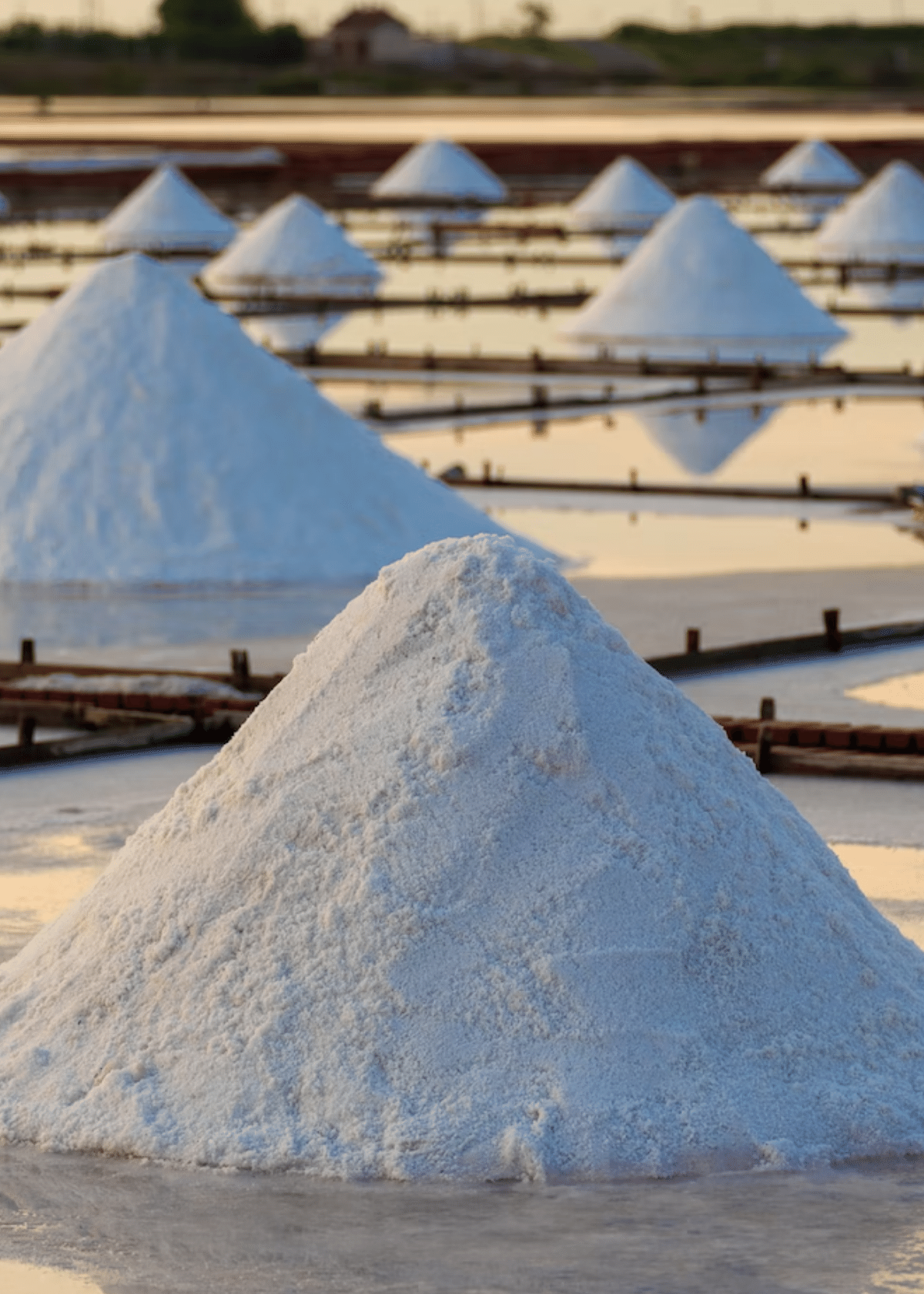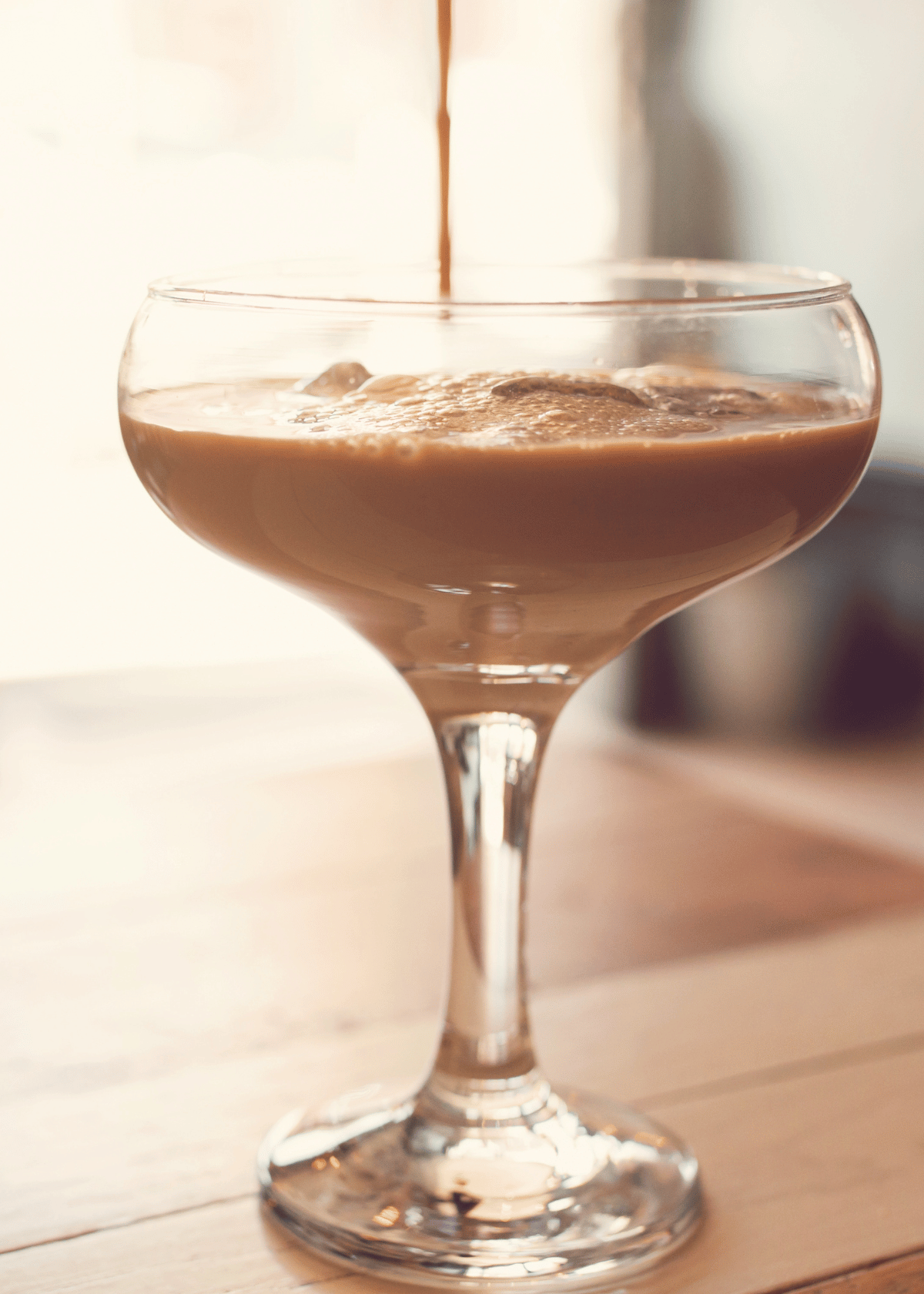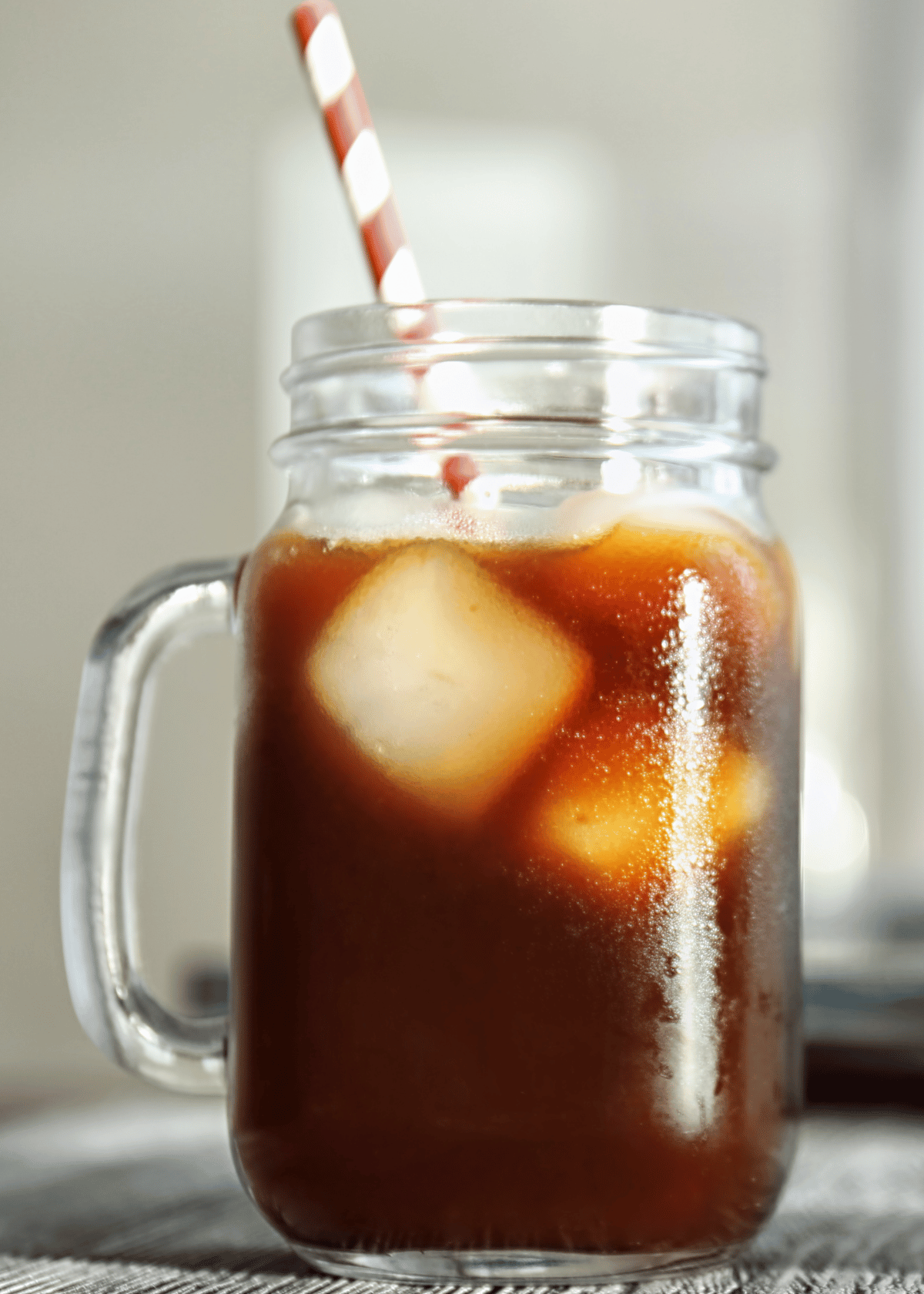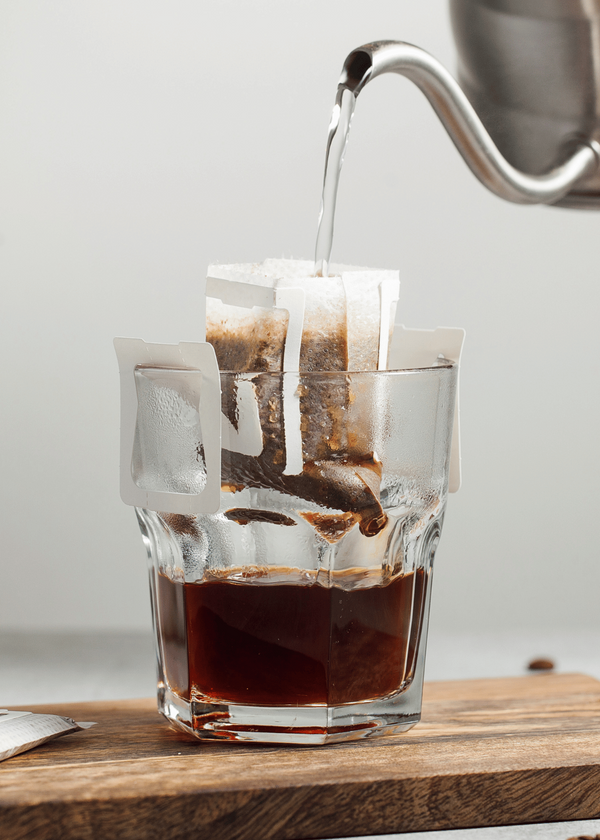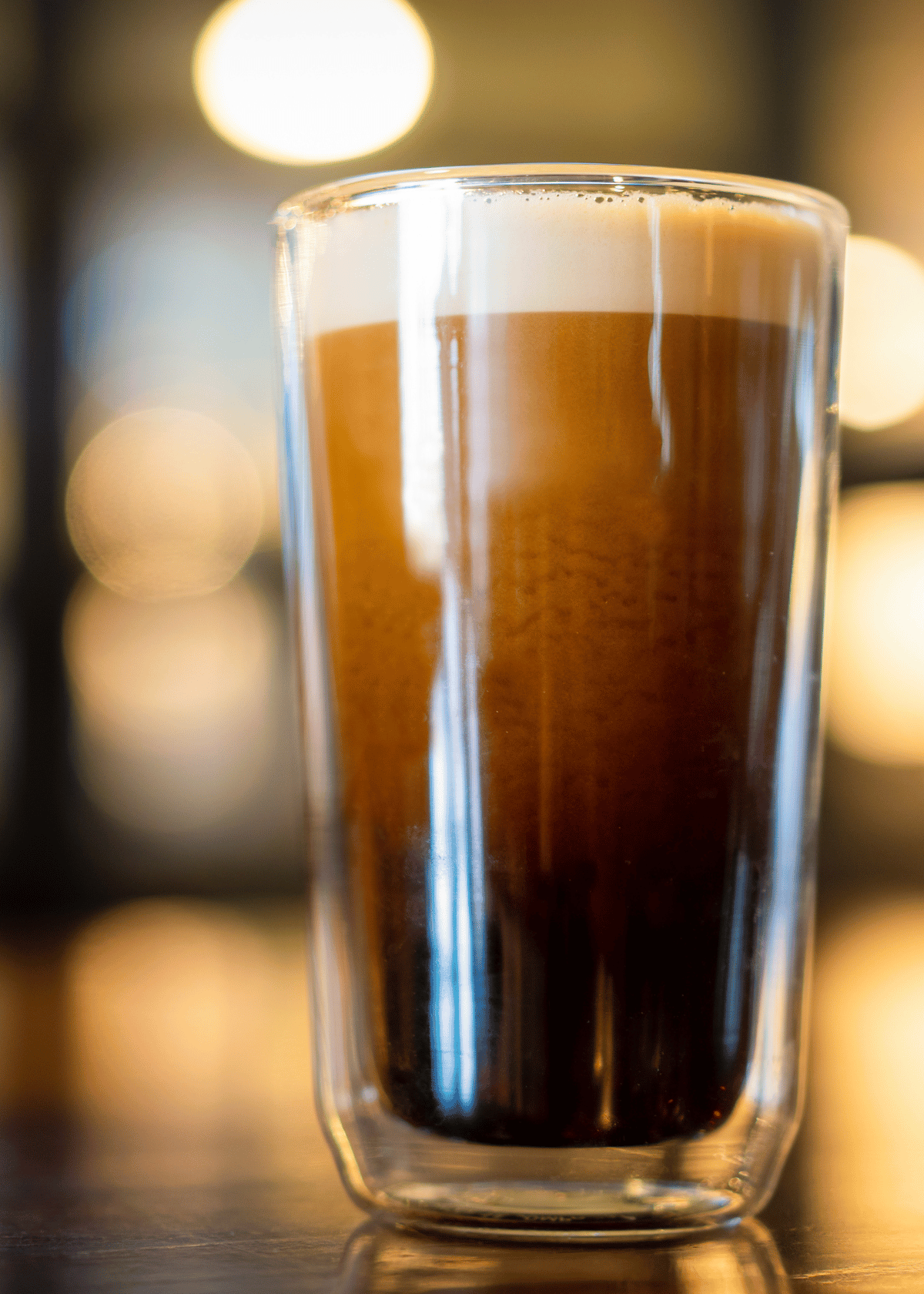Salt is a common ingredient in almost every kitchen, but there are a lot of misconceptions about this humble pantry staple. In this post, we'll dispel some of the myths about salt and set the record straight on everything from its shelf life to how it's harvested. Read on to learn everything you need to know about salt.
Salt has been used as a seasoning for food for centuries, and it's no wonder why. This little white crystal can enhance the flavor of almost any dish, making it a key ingredient in both home cooking and professional kitchens alike. But what does salt actually do to food? And how long does salt last? Keep reading to find out the answers to these questions and more.
How does salt work?
Salt is composed of sodium and chloride, two minerals that work together to enhance the flavor of food. When we add salt to our dishes, it causes our taste buds to register a stronger flavor than if we were eating the same dish without salt. That's because salt blocks certain bitter tastes while amplifying others, resulting in a more well-rounded flavor profile.
How long does salt last?
Salt doesn't go bad in the traditional sense, but it can lose its potency over time. That's because salt is hygroscopic, meaning it absorbs moisture from the air around it. As salt absorbs moisture, it breaks down into smaller crystals that are less effective at enhancing flavor. For this reason, it's best to store salt in an airtight container in a cool, dry place. Doing so will help ensure that your salt stays fresh and potent for as long as possible.
Where does salt come from?
Most of the world's salt is harvested from underground mines, but some is also harvested from evaporated seawater. Seawater is evaporated in large pans until only the salty crystals remain. These crystals are then gathered and sold as culinary salt. One of the most popular types of culinary salt is kosher salt, which gets its name from its historical link to Jewish cuisine.
Conclusion:
Now that you know all there is to know about salt, put this kitchen staple to good use and get cooking! And don't forget to keep your salt stored in an airtight container in a cool, dry place so that it stays fresh for longer. Bon appetit!
Want to know what is the best kosher salt? Check out our guide here!

